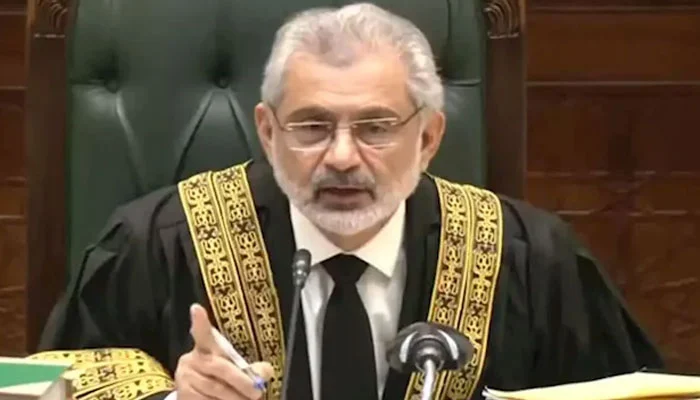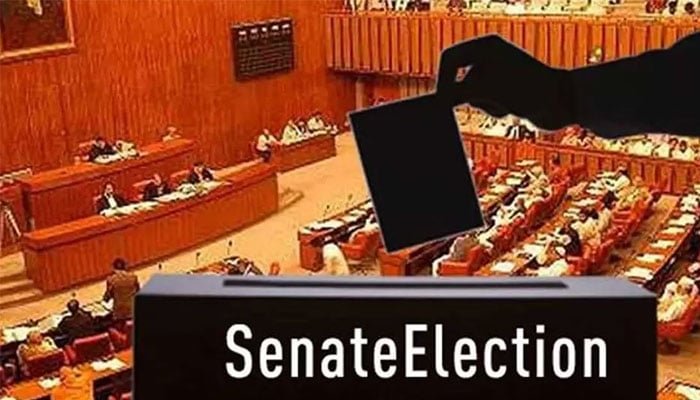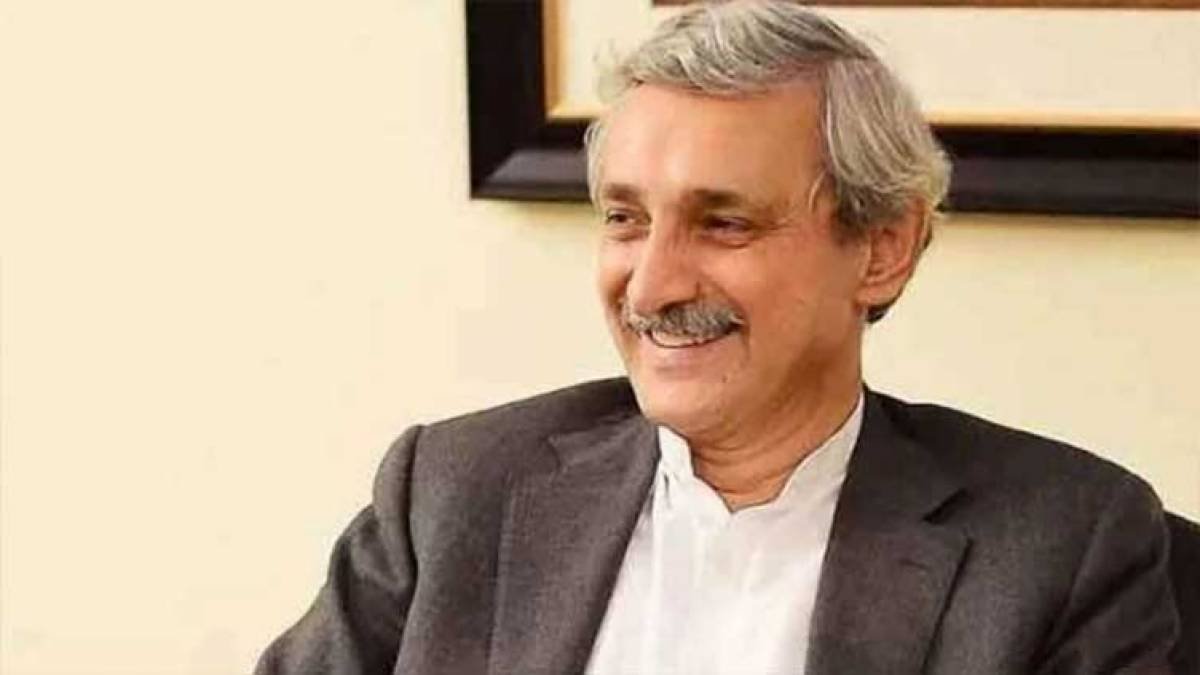In a crucial and widely watched legal case before Pakistan’s Supreme Court, the issue of setting a date for the upcoming general elections took center stage. During the court proceedings, the Election Commission recommended that the general elections in Pakistan be held on February 11, 2024.
The court’s directives instructed the Election Commission to consult with the President of Pakistan on this matter. Chief Justice Justice Gulzar Ahmed remarked that the announcement of the election date would become a defining moment in the nation’s political landscape. The Election Commission’s recommended date carries significant implications for the democratic process in Pakistan.
The Supreme Court, in its verdict, emphasized that it expects all parties involved to work together to resolve the matter of the election date swiftly. It also outlined that the Election Commission’s officers should meet with the President of the country to establish the date for the general elections. Attorney General Mansoor Usman was tasked with coordinating this meeting and presenting the Supreme Court’s instructions.
Moreover, the Supreme Court specified that the Election Commission should inform the President about the Supreme Court’s directives issued on October 23 and November 2, ensuring that all parties involved comply with the court’s decisions and provide necessary assistance.
The official order stated that the court anticipates the election date matter to be resolved promptly, thus avoiding any potential delays. The court is determined to uphold constitutional principles and ensure that the electoral process proceeds according to the law. The final announcement of the election date will be made by the Supreme Court, not the Election Commission, to maintain transparency and neutrality.
Chief Justice Gulzar Ahmed clarified that the court only desires to address the issue of the election date and is not interested in interfering in other matters. He highlighted that it is essential for the institutions to fulfill their respective roles and responsibilities independently. The court’s role is to ensure that the constitutional requirements are upheld, particularly when it comes to holding free and fair elections.
The discussion surrounding the election date in Pakistan has been marked by political controversy and contention. Various political parties, including the Pakistan People’s Party (PPP), have expressed concerns about potential delays in the electoral process. However, the responsibility for resolving this matter rests with all parties involved, as emphasized by Chief Justice Gulzar Ahmed.
During the proceedings, Advocate-General for Sindh, Abid Zubairi, emphasized that the parliament had recently passed amendments to the Election Act, including provisions related to the election date. The Supreme Court, in response, questioned why parliamentary actions had not been taken into consideration and whether the Parliament was being underestimated.
The Supreme Court’s Justice Athar Minallah raised an essential point that, in the absence of clear guidelines, the court should not interfere with the electoral process. He suggested that a comprehensive examination of the situation was necessary, highlighting that the issue had political, legal, and constitutional dimensions.
This case has been a subject of controversy and extensive discussions, with various stakeholders expressing differing viewpoints. At the heart of the matter is the selection of the date for the general elections, a critical aspect of Pakistan’s democratic process.
It is essential to clarify that the final announcement of the election date is expected to be made by the Supreme Court, as this institution serves as the ultimate guardian of the constitution in Pakistan. The court’s intention is to provide a clear and impartial resolution to the matter while preserving the sanctity of the electoral process.
Pakistan’s President, Dr. Arif Alvi, has conveyed his position regarding the election date during this period of legal proceedings. In an interview, he emphasized that the leadership of the ruling Pakistan Tehreek-e-Insaf (PTI) party, including himself as the President, fully supports the leadership of the party, which includes Prime Minister Imran Khan, often regarded as PTI’s chief.
He went on to assert that the PTI party’s leadership is unequivocally led by Prime Minister Imran Khan, whose directives guide the party’s decisions. President Alvi clarified that he, as the President of Pakistan and a representative of the party in court, did not have a personal agenda to pursue. The primary objective was to ensure that the PTI party’s leader, Prime Minister Imran Khan, is leading the party.
President Arif Alvi’s perspective on the role of Prime Minister Imran Khan and the leadership structure within the PTI party underscores the significance of maintaining the party’s unity and direction. It also emphasizes the commitment to adhering to constitutional and democratic norms.
Furthermore, the issue of delaying the election date was discussed during the Supreme Court proceedings. Chief Justice Gulzar Ahmed remarked that any delay in the election would affect the people’s aspirations for prompt elections. All parties, including the Election Commission and the President, are urged to cooperate and expedite the decision-making process. The Supreme Court is committed to upholding constitutional standards while ensuring that the electoral schedule remains on track.
The present case underlines the intricate dynamics of setting an election date in Pakistan, involving both legal and political dimensions. While political parties have voiced their concerns and interpretations, it is the responsibility of the judiciary to interpret the Constitution and guide the nation’s democratic processes.
The issue of determining the election date in Pakistan has gained significant attention, with the Supreme Court playing a central role in this critical decision. The court’s directives to the Election Commission, the President, and all stakeholders to collaborate and adhere to constitutional principles underscore the importance of upholding democratic norms and ensuring a timely and transparent electoral process. The final announcement of the election date by the Supreme Court is expected to bring clarity and resolution to this matter, ultimately benefiting Pakistan’s democratic system.



